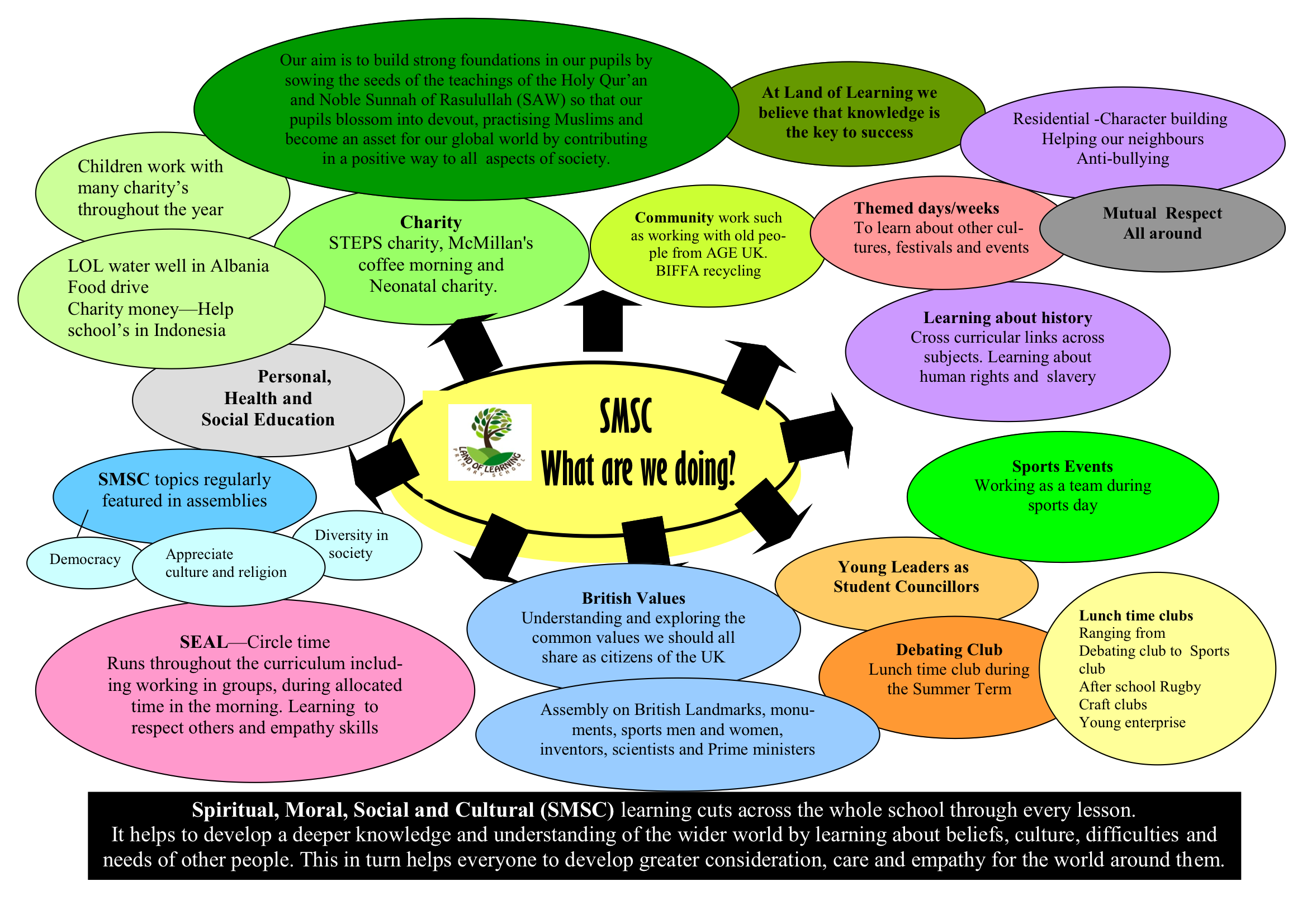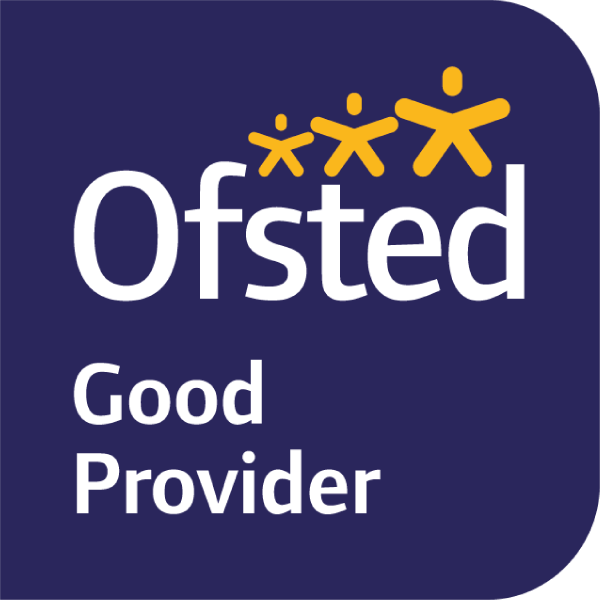Curriculum Overview – Islamic Studies
Our Islamic Studies curriculum encompasses five core areas, carefully designed to engage students in a progressive and systematic learning experience within a British educational context. These areas of study are as follows:
- Beliefs and Dogmas (Aqeedah)
- Nature and Philosophy of Islamic Rituals (Ibadat)
- Life of the Prophet (Seerah)
- Islamic History (The Four Khalifs, Biographies of the Lives of the Sahabas, and Muslim Civilizations)
- Morals, Social Ethics, and Islamic Spiritualism (Aadaab and Akhlaaq)
This curriculum draws inspiration from traditional Islamic teaching methodologies while incorporating modern educational approaches.
Reception (F2)
The F2 stage is where we introduce children to their learning environment. We initiate their understanding of Tawheed (Oneness of God) by exploring their own bodies and nurturing their curiosity about the world around them. We build their religious vocabulary and engage them with stories about Prophets, fostering their love for the Prophet and good character. Visual and auditory aids, teamwork, play, and motor skills development are essential components of this stage. The RE lessons are taught in line with the topics being taught in class by emphasising the religious Islamic aspects of the topic.
Year 1
Year one focuses on nurturing two fundamental skills: learning and self-development. The primary goal is to impart foundational knowledge of Tawhid, Seerah, Adab and Akhlaaq, and Ibadat. While this knowledge is fact-based, it also helps develop systematic learning skills. Activities such as mix and match, flash cards, drawings, and games are used to reinforce their understanding. The importance of Akhlaaq and Aadaab is conveyed through stories of the Sahabas and role-playing exercises. The children will cover topics about caring for others, gifts and giving, Seerah, Prophets and important places of worship.
Year 2
In Year two, students delve deeper into their lessons. Storytelling and connecting with the experiences of Prophets and Sahaba continue to play a central role in their learning. The curriculum places a primary focus on Aqeedah, examining the lives of Prophets, from which students extract lessons in love, trust, obedience, and other essential virtues. To help facilitate this the children will cover the topics of rules and routines, celebrations, Seerah, Prophets and famous Islamic landmarks.
Year 3
Year three marks an important educational transition, where students become more aware of themselves and their surroundings. The curriculum adopts a cross-curricular approach, allowing students to integrate their secular knowledge with an Islamic ethos. The main content of this year includes a deeper exploration of faith concepts, an in-depth look at the Prophet’s biography, Hadhrat Isa A.S. and the importance of places of worship.
Year 4
The objective of Year 4 is to build upon the learning and development of Year 3. Students are encouraged to analyse and apply their cognitive skills. They are also given the opportunity to begin discovering knowledge. Key topics include the concept of people of faith, food and fasting, Seerah, introduction to Islamic history looking at the four Caliphs.
Year 5
Year 5 prepares students for self-directed learning, equipping them for secondary education. The emphasis shifts to students researching and acquiring information from a variety of sources. The educational skills developed over the years are synthesized through revision and in-depth analysis of Islamic subjects. They will explore the concept of worship, forgiveness, Seerah and Islamic history.
Year 6
Year 6 represents the culmination of the curriculum, aimed at solidifying the previous year’s development. Students are expected to remember, understand, apply, analyse, and evaluate Islamic issues from the syllabus, preparing them for secondary school and wider societal interactions. Aqeedah is explored in-depth through discussions on creation and creation stories, freedom, and justice and through Seerah.

HALAQA (Circle Time)
5-11 Evington Drive, Leicester LE5 5PF
0116 273 5431
office@landoflearning.co.uk
5-11 Evington Drive, Leicester LE5 5PF
0116 273 5431
office@landoflearning.co.uk


